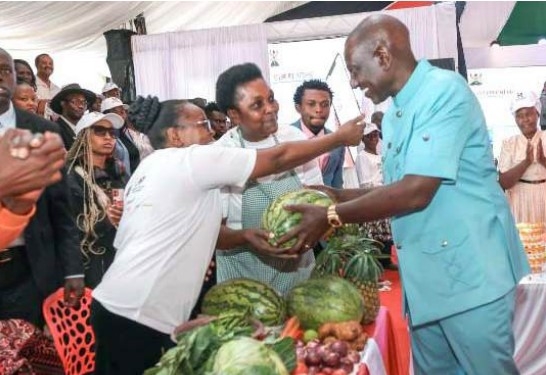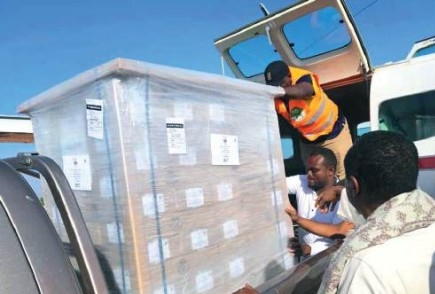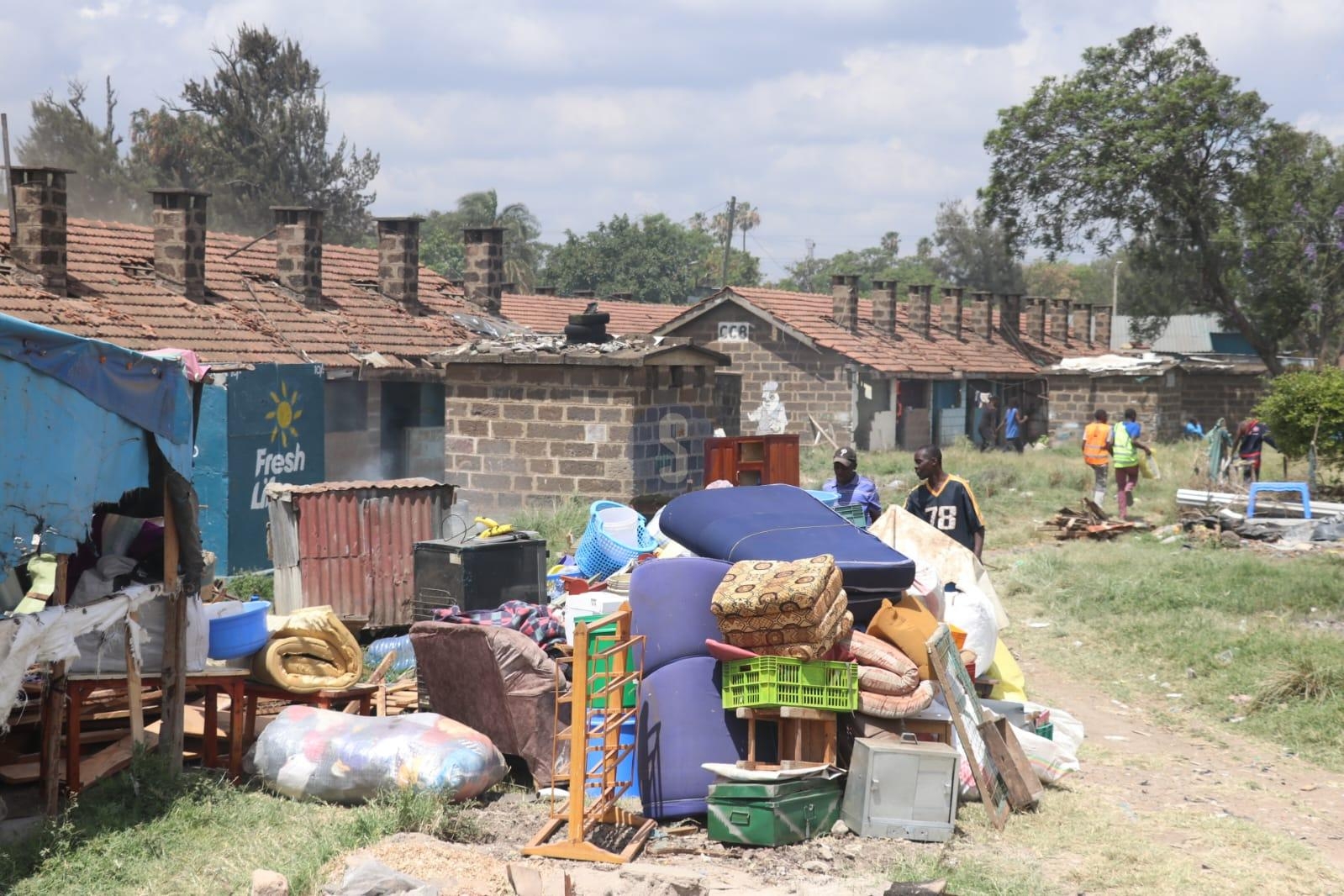This year’s theme for International Day of the Woman, Women in leadership: Achieving an equal future in a Covid-19 world, recognises that women and girls are playing pivotal roles to help shape a more equal future and recovery from Covid-19.
But even as we celebrate women and their achievements, we recognise that many women and girls continue to face challenges in meeting basic needs, including biological functions such as menstruation management.
A majority of girls in Kenya – 58 per cent in rural areas and 53 per cent in urban areas – cannot afford sanitary pads. This lack of access to sanitary hygiene products hinders the girls from realising their full potential as many stay away from school during their menstrual flow period.
Many incredible women have responded to the challenges that the pandemic has brought and have been a part of the solution to help ensure the menstrual health needs of many are met in Kenya. They include women like TV personality Janet Mbugua, who through her non-profit organisation Inua Dada, has been championing menstrual hygiene for women and girls in vulnerable communities hit hard by the pandemic.
The Chief Administrative Secretary in the Ministry of Public Service and Gender, Rachel Shebesh, not only oversees with diligence the implementation of government programmes on menstrual hygiene, but has also been a vital collaborative link between government and other actors working towards influencing policy in this area.
Significant barriers to high-quality menstrual hygiene management persist across Kenya and remain a particular challenge for low-income women and girls. Up to 65 per cent of women and girls throughout Kenya face significant challenges when it comes to managing their menstruation and often struggle, due to lack of access to affordable sanitary products.
Covid-19 continues to shine a light on the fact that periods don’t stop for pandemics and that human rights are negatively impacted when women and girls cannot manage their menstruation with dignity, and when they lack access to accurate menstrual health information and menstrual products.
To combat this challenge, Kenya’s Bureau of Standards published the reusable sanitary towel standard (KS 2925:2020) in December 2020. With this new standard, consumers can be confident that a reusable menstrual pad offers another product option for women and girls that is affordable and longer-lasting than a single-use pad.
We have also seen action by the government in challenging the menstrual stigma and barriers that have existed in communities, through systemic change implemented at a national level. In May, 2020, the Ministry of Health launched Kenya’s Menstrual Hygiene Management Policy, which was then followed by the publication of the reusable sanitary towel standard by Kebs.
Days for Girls Kenya country manager Bridgit Kurgat notes, “The work of the Kenyan government and Kebs has made the new reusable standard possible, even during a pandemic. They worked to advance this important standard to help meet the diverse needs of women and girls in Kenya ensuring their health and safety.”
As we celebrate International Day of the Woman, we recognise and thank the women and girls who are playing pivotal roles to help shape a more equal future and recovery from Covid-19. The Kenyan government, Kebs and many others, are choosing to remove the menstrual health barriers by putting in place menstrual health policies and standards to ensure women and girls have a more equal future and can overcome the challenge of period poverty.
Together we can end the shame and stigma that period poverty brings on women and girls by providing opportunities and options for the management of menstruation.
Diana Nelson is Global Advocacy Director, Days for Girls International
Dr Ademola Olajide is UNFPA representative in Kenya













